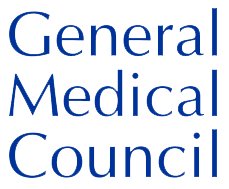- Courses
- Countries
- Universities
- Sofia Medical University
- Plovdiv Medical University
- Trakia University
- Varna Medical University
- European University of Tbilisi
- University Of Nis
- Vasile Goldis Western University of Arad
- Grigore T. Popa University of Medicine and Pharmacy in Iasi
- Semmelweis University
- University of Debrecen
- University of Pecs
- University of Belgrade
- About

















